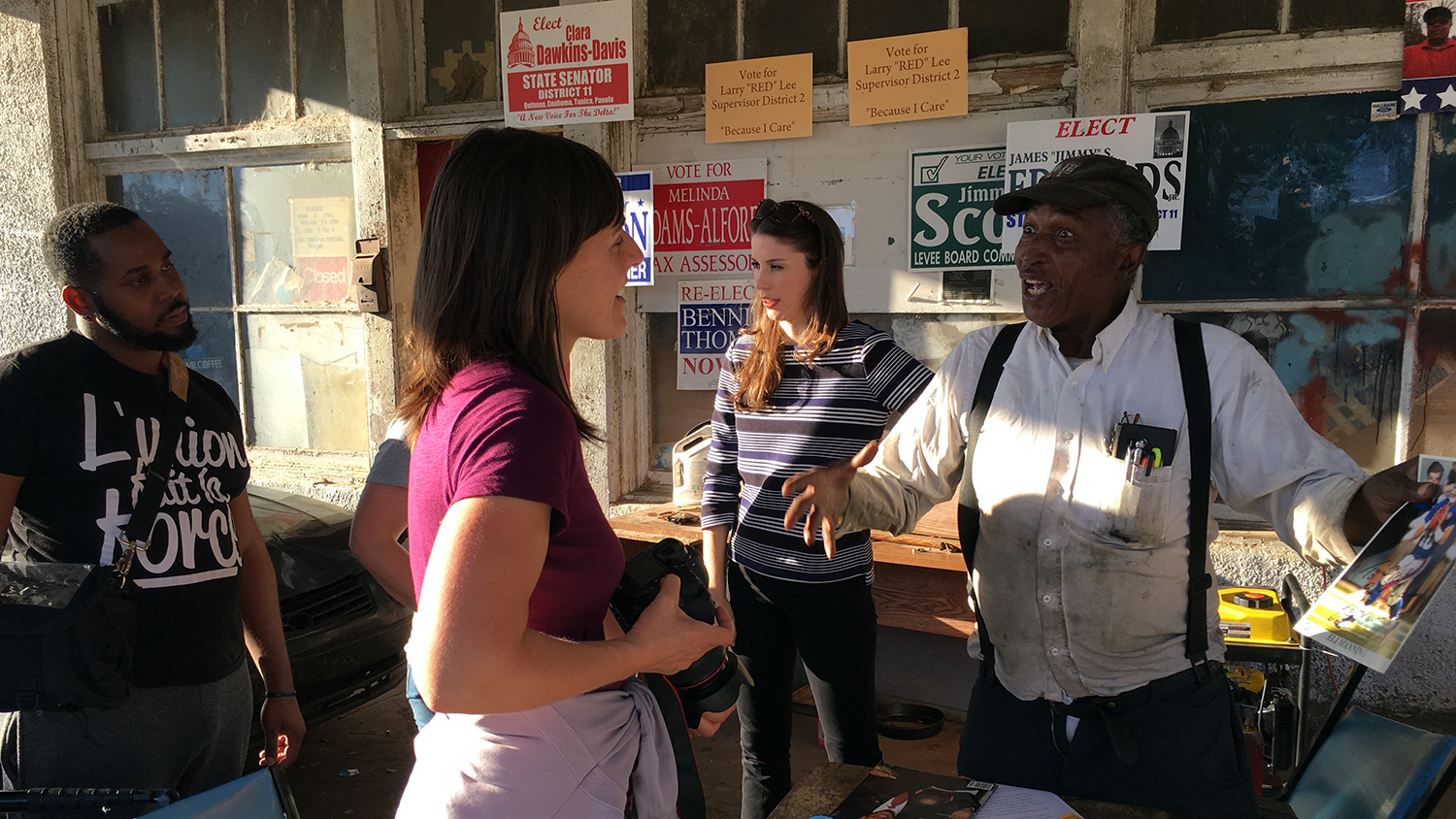African-American language is central to American life, yet it continues to be widely misunderstood and marginalized. A new documentary from the Language and Life Project at NC State draws on decades of research to remedy our understanding.
Talking Black in America: The Story of African American Language premiered at 7 p.m. on March 23 at the James B. Hunt Jr. Library.
Never before has there been a film devoted solely to African-American speech. The feature-length documentary is the culmination of a three-year effort by the Emmy-winning Language and Life Project — and of a lifetime of research in the field. Executive producer Walt Wolfram, the William C. Friday Distinguished Professor of English in the College of Humanities and Social Sciences, first began a sociolinguistic exploration of African-American language in Detroit’s Brewster-Douglass Housing Projects in the 1960s.
“The status of African-American speech has been controversial for more than a half-century now, suffering from persistent public misunderstanding, linguistic profiling, and language-based discrimination,” says Wolfram. “We wanted to address that and, on a fundamental level, make clear that understanding African-American speech is absolutely critical to understanding the way we talk today.”
Produced and directed by Neal Hutcheson and Danica Cullinan, the film explores the gamut of black dialects in locations as diverse as Harlem, Charleston, Atlanta, Chicago, Detroit, rural Mississippi and the Bahamas. It features supporting commentary from linguists, historians and other experts, and unpacks persistent controversies surrounding African-American language — such as the Oakland Unified School Board’s decision to recognize African American Vernacular English in their curriculum in the late 90s.
“While developing the documentary, we collected a robust archive of footage related to African-American life and language,” says Hutcheson. “For example, we have in-depth interviews with linguists, historians and African-American cultural leaders. All of those interviews, and related transcripts, will be available to researchers.”
While the film will premiere at Hunt, it will be distributed internationally over the next year and enjoy screenings at college campuses across the country. Also in the works is a four-part documentary miniseries that delves deeper into history, education, diversity and performance related to African-American language.
“[African-American speech] has contributed more to the development of contemporary American English than any other dialect of English,” says Wolfram. “The English language would be a much less vibrant and dynamic language without its distinctive contribution.“



